A World in Change – Global Health Day 2022
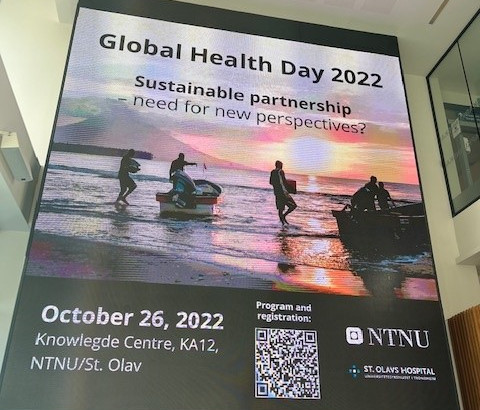
There has been so much fear on what doom awaits the planet if actions to slow down the events of climate change remain unattended to. The issue of climate change has been unfolding and of great concern to everyone including researchers, governmental and non-governmental organizations, scientists and students, because it affects all.
The world is changing, and sustainable actions need to be taken to save the planet for the next generation. The concern for the planet and the consequences of climate change on humanity, and how building sustainable partnership could be helpful in mitigating these problems facilitated the discussions in this year’s Global Health Day Conference (2022). The Conference which was organized by the Faculty of Medicine and Health Sciences in collaboration with St. Olav Hospital hosted various attendees including students, researchers and health professionals.
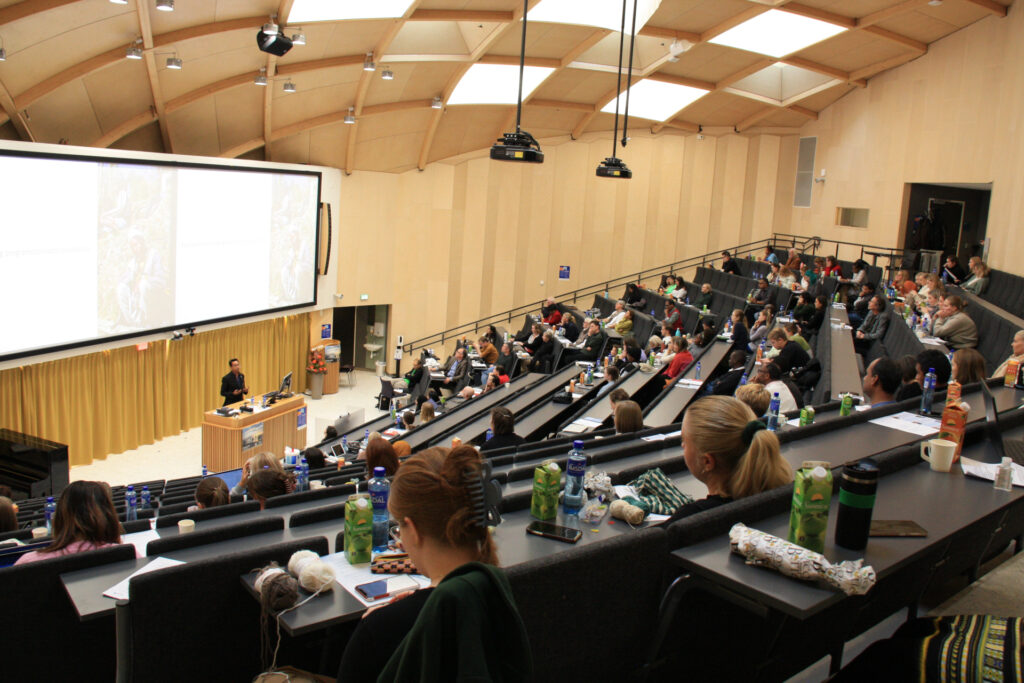
The conference began with a musical presentation of a Bangladeshi song by one of the Master students, Sanzida Yeasmin and Farhad Alam, who accompanied with a guitar. The opening and welcome address was given by Siri Forsmo, Dean of the Faculty of Medicine and Health Science, NTNU.

Following the Dean’s welcome address, the first session of the conference began. In the first session, six keynote speakers facilitated discussions on the theme, ‘Code red for humanity’: Climate Change and global health’. The first speaker, Ernst Kristian Rødland, a Senior Medical officer at the Norwegian Institute of Public Health, discussed the complex challenges of climate change and how interdisciplinary collaboration could help mitigate these numerous challenges.
Drawing our attention to the impact of climate change and social inequalities on children’s health, Kam Sripada,a neuroscientist, researcher, and centre manager at the Centre for Digital Life Norway at NTNU discussed the effects that environmental toxins could pose on children’s brain development and the eventual result of poor mental functioning in adulthood.
Bringing an arctic and african perspective to the issues of climate change, child health and nutrition, Jon Øyvind Odland, a Professor Emeritus in Global Health at NTNU emphasized the effect of the environment and nutrition on the health of children. He educated the audience that malnourishment during pregnancy is a major driver of common deficiencies found in children using iodine deficiency and goiter development as case study.
These talks were followed by three other talks on nuclear catastrophe prevention, the experience of female mushroom hunters of food, medicine and environmental change, and planetary health education and capacity building for healthcare professionals in global context. The talks were given by Knut Mork Skagen, Mai Løvaas and Muhammed Asaduzzman respectively.
These rich discussions were followed by a very reflective panel debate where the speakers gave reflective responses to the questions the attendees have concerning the issues discussed. It was a moment of learning and sharing with others on the issue that affects us all- Climate change.
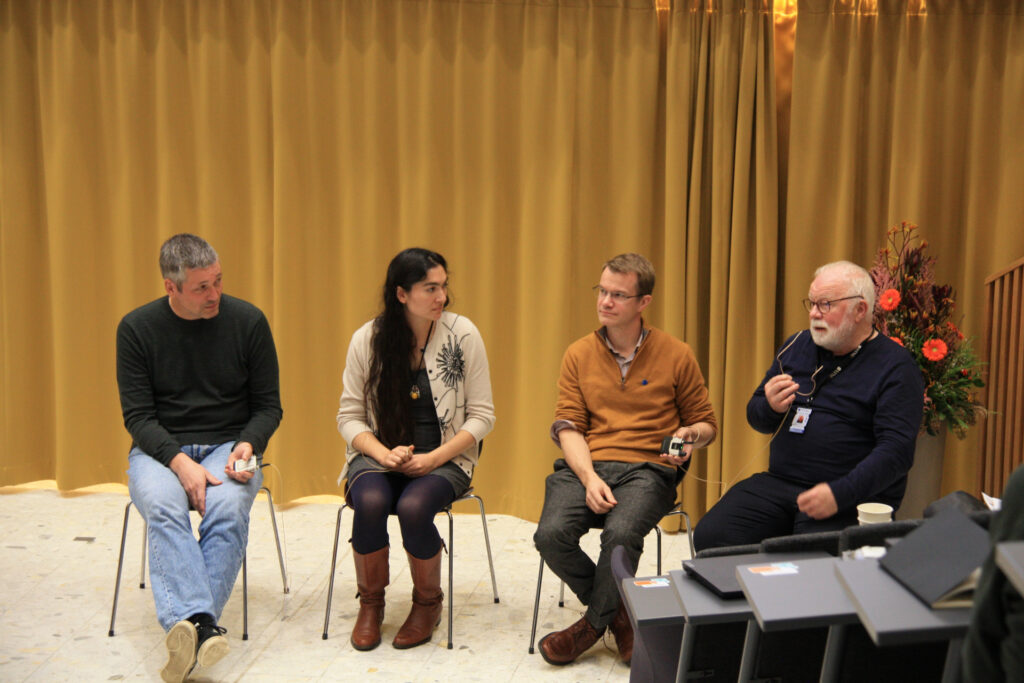
After an hour lunch break, the second phase of discussion which was chaired by Jennifer Infanti began. It was based on the subtheme: Sustainable partnership-the need for new perspectives. There were five talks delivered in this session. The session started with the traditional Indian dance by Sushma.
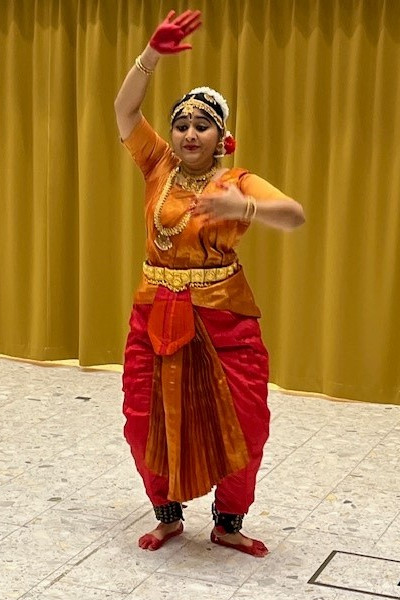
With such profound delivery, Professor Address Malata, the first speaker and vice Chancellor of the Malawi University of Science and Technology emphasized the importance of encouraging effective and equitable partnership. In her talk, she stressed the need for adopting co-creation when working towards sustainable intervention in low and middle income countries like Malawi. In her words, “when we all come to the table, do not choose the menu for us, let us choose our own menu”. She believes that funding intervention should not be the reason for being in the position to determine the priorities of a society. Following her talk, Biraj M. Karmacharya who is an associate professor at the Kathmandu University School of Medical Sciences in Nepal, came up to discuss the do’s and don’ts in global health partnerships. Using the words of Paul Farmer, “Every night when I go to bed, I worry about how I’ll fulfill all the promises I have made. And every morning when I wake up, I think I haven’t made enough promise”, Biraj emphasized the need for total commitment to global health partnership.
One of the representatives of the Norwegian Emergency Medical Team (NOR EMT), Sigrid Torblå who is a midwife at St.Olav’s Hospital gave a presentation on the work of the team from 2017 when it was established. She explained some of the challenges the team has faced over the years and how they have sailed through them as well as their progress with providing responses to the medical needs of some remote communities in distant countries like Samoa.
Dr. Dickson Mkoka, dean of the school of Nursing at the Muhimbili University of Health and Allied Sciences (MUHAS), Tanzania, opened the audience’s heart towards the different possibilities for more collaboration at MUHAS. He added that the university has opened opportunities for exchange students and various partners.
The session ended with a discussion on CapaCare research. CapaCare is a non-governmental organization providing advanced surgical training to clinical officers and medical doctors nationwide especially in low income countries. Håkon Angell Bolkan, an associate professor in global health and founder of Capacare, emphasized the 10 success factors in building partnerships which he believed to be: 1) shared purpose 2) shared understanding of the ecosystem to operate within and the stakeholders 3) Trustworthy partner 4) long term commitments 5) communication 6) Effective conflict resolution processes 7) good governance 8) Transparency 9) Flexibility and 10) Personal (individual relations). He also stressed the importance of task-sharing in surgery. Many questions arose from the audience on the concept of task-sharing but the speaker concluded that the countries to adopt task-sharing must be ready to put regulatory measures in place to safeguard practice and safety.
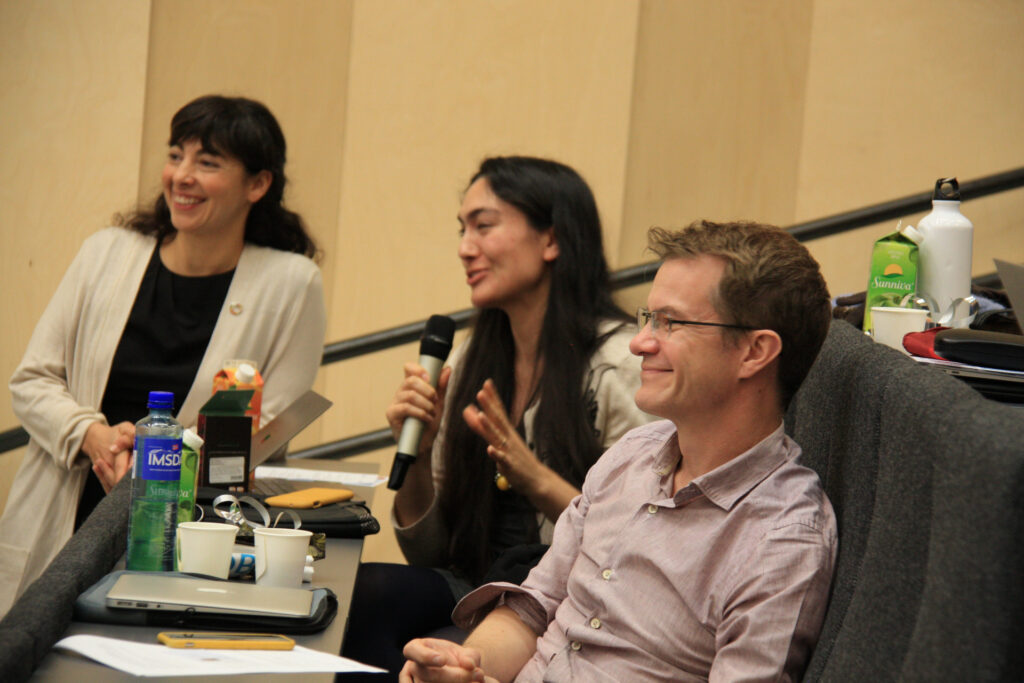
The second session ended with a very inciting panel discussion that made the audience and the speakers reflect deeply. The speakers from their experiences provided great responses to the questions the audience asked about sustainable partnerships and its challenges. The main take-home from the discussion was that effective and sustainable partnership especially in global health can only be achieved through equity and co-creation.
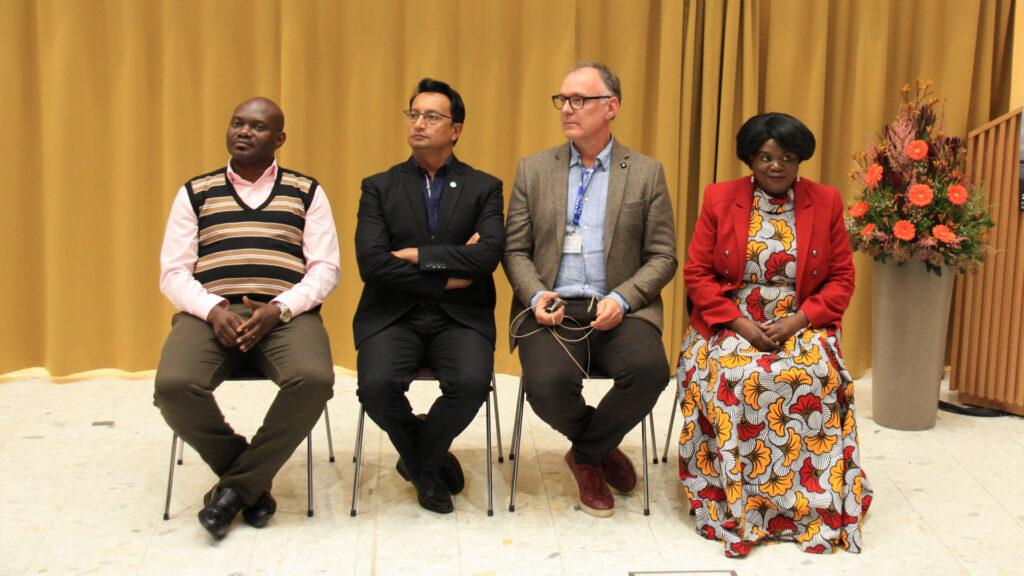
The conference ended with a closing remark by Emeritus Professor Jon Øyvind Odland. Refreshment and professional networking followed afterwards.
In general, the conference was highly educational, reflective and of great impact. It was an opportunity for deep reflection for every participant. The major take-home from the conference is the emphasis that it is indeed a world in change and sustainable actions must be taken by every stakeholder to slow down the events of climate change and mitigate its effect through collaborative partnerships that are equitable.
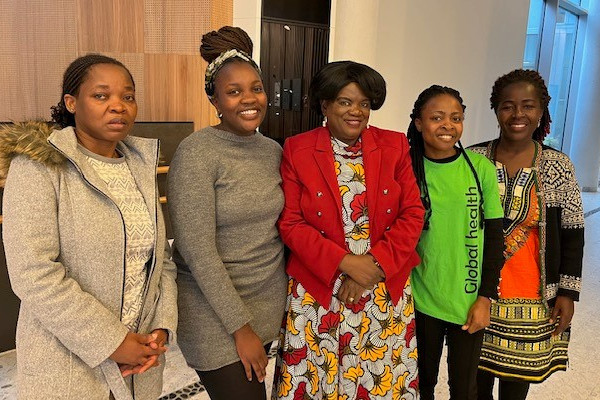
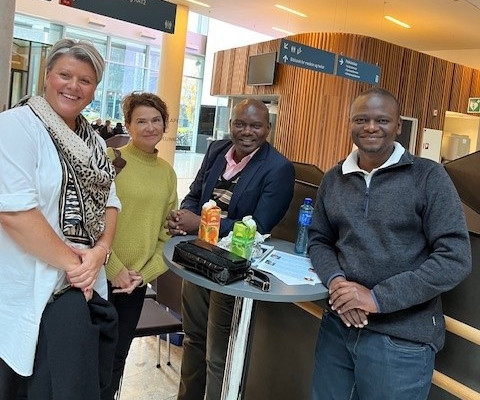
Elin Yli Dvergsdal
-
Elin Yli Dvergsdal#molongui-disabled-link


